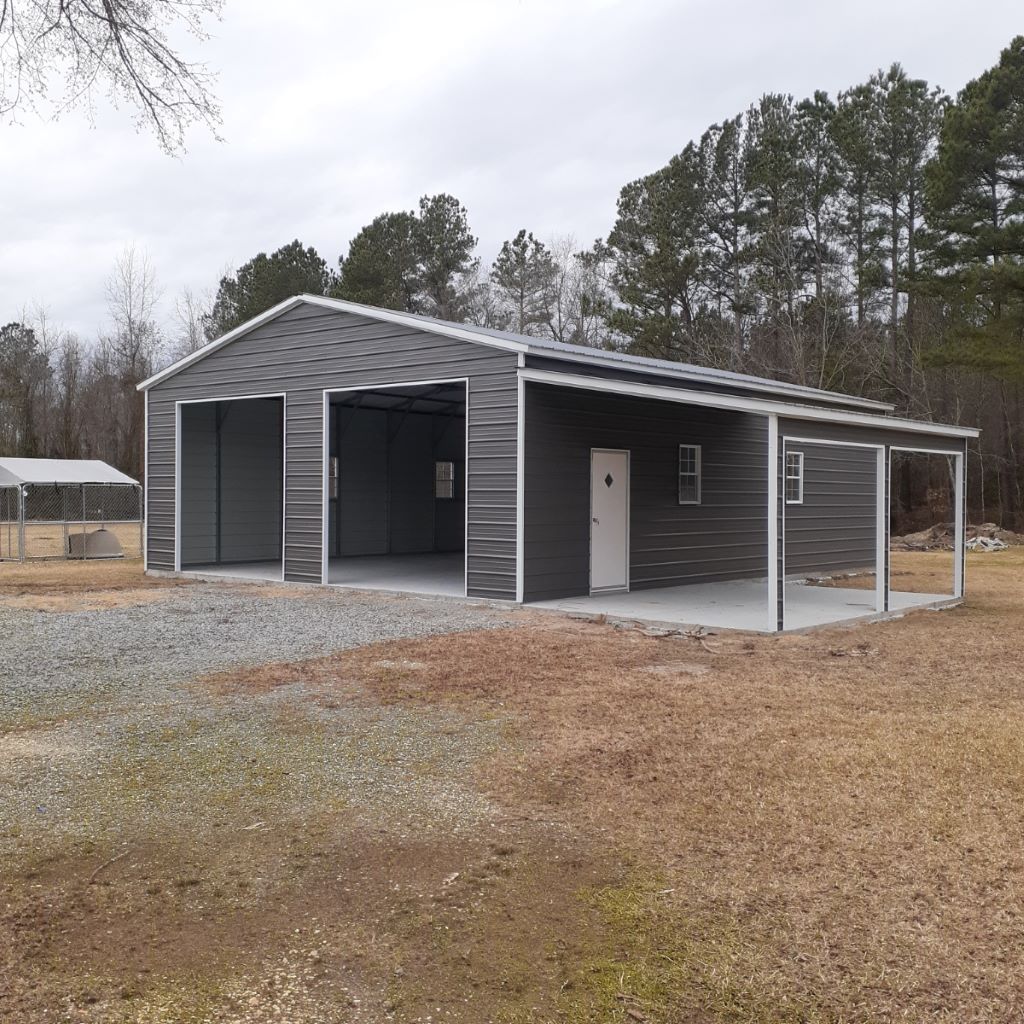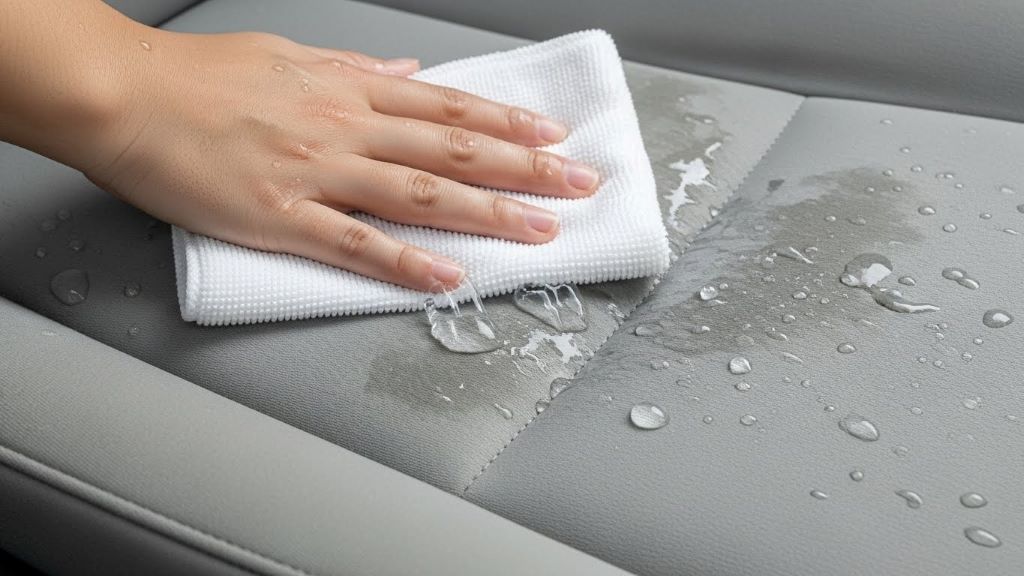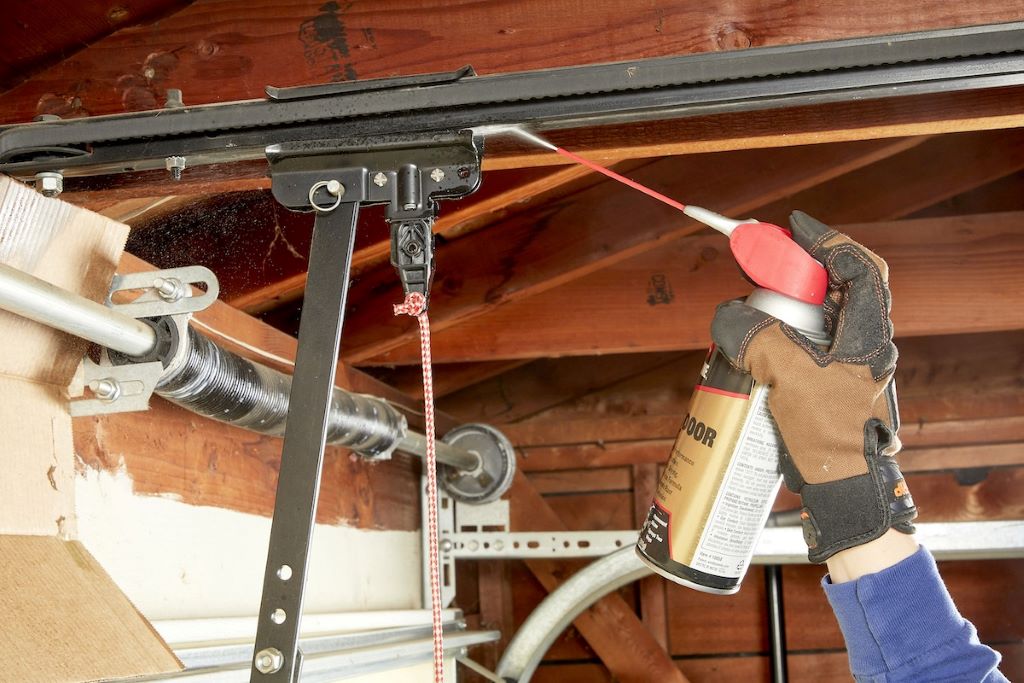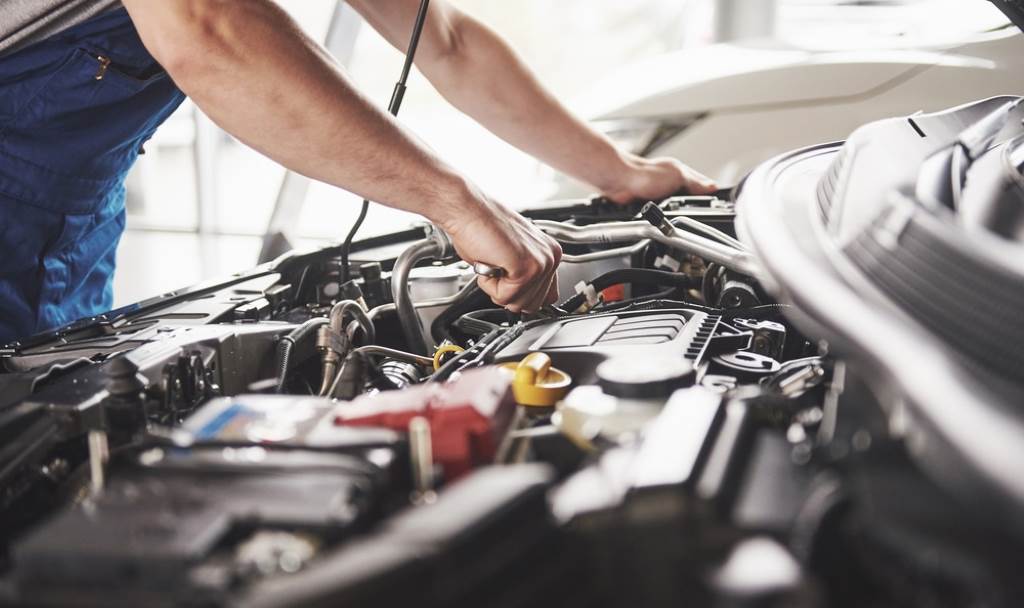RVs offer the freedom to explore and adventure, but they also demand proper care. A significant concern for RV owners is protection from the elements. Enter the metal garage – a durable, versatile, and increasingly popular solution. Let’s explore why a metal garage might be the perfect haven for your home on wheels.
Why a Metal Garage?
- Superior Protection: Metal garages offer unmatched shielding against harsh weather. Rain, snow, hail, and even intense sun can wreak havoc on an RV’s exterior and interior. Metal’s strength and durability provide a robust barrier.
- Longevity: Unlike wood, which rots, or fabric covers, which deteriorate, a well-built metal garage can last for decades. This makes it a sound long-term investment.
- Versatility: Metal garages come in various sizes and styles, from simple carports to enclosed structures with customizable features like windows, doors, and insulation. This allows you to tailor the garage to your specific RV and needs.
- Pest and Fire Resistance: Metal is naturally resistant to pests like termites and rodents, and it’s non-combustible, offering an added layer of safety.
- Customization: You can easily add insulation, electricity, and climate control to a metal garage, transforming it into a comfortable workspace or additional living space.
- Resale Value: A metal garage can enhance your property’s value and make it more appealing to potential buyers.

Related: How to Fix Dent in Garage Door DIY?
Key Considerations When Choosing a Metal Garage
- Size: Ensure the garage is spacious enough to comfortably house your RV, with extra room for opening doors, accessing storage compartments, and potentially adding a workshop or storage area.
- Style: Choose a style that complements your home and property. Options range from basic carports and lean-tos to fully enclosed garages with a variety of roof styles (gable, A-frame, etc.).
- Materials: Steel is the most common material for metal garages, but aluminum is also an option. Steel is stronger and more affordable, while aluminum is lighter and resists rust better.
- Foundation: Decide whether you need a concrete slab, gravel pad, or other foundation type. Your choice will depend on the size of the garage, soil conditions, and local building codes.
- Permits: Check with your local authorities to determine if you need permits to build a metal garage. Requirements vary depending on your location and the size of the structure.
Maintenance Tips
- Regular Cleaning: Wash your metal garage with soap and water a few times a year to remove dirt and debris.
- Rust Prevention: Address any signs of rust promptly by sanding and applying a rust-inhibiting primer and paint.
- Inspect Fasteners: Check the screws, bolts, and anchors regularly to ensure they are tight and secure.
- Clear Debris: Keep the area around the garage clear of leaves, branches, and other debris that could trap moisture and contribute to rust.
Is a Metal Garage Right for You?
While metal garages offer significant advantages, they’re not the only option. Fabric covers and traditional wooden structures are alternatives. However, if you prioritize durability, longevity, protection, and customization, a metal garage is a compelling choice.
The Bottom Line
Protecting your RV with a metal garage is a smart move to safeguard your investment and extend its lifespan. By choosing the right size, style, and features, you can create a haven that keeps your RV safe, secure, and ready for your next adventure.
Remember, thorough research and careful planning are key to selecting the perfect metal garage for your needs.




